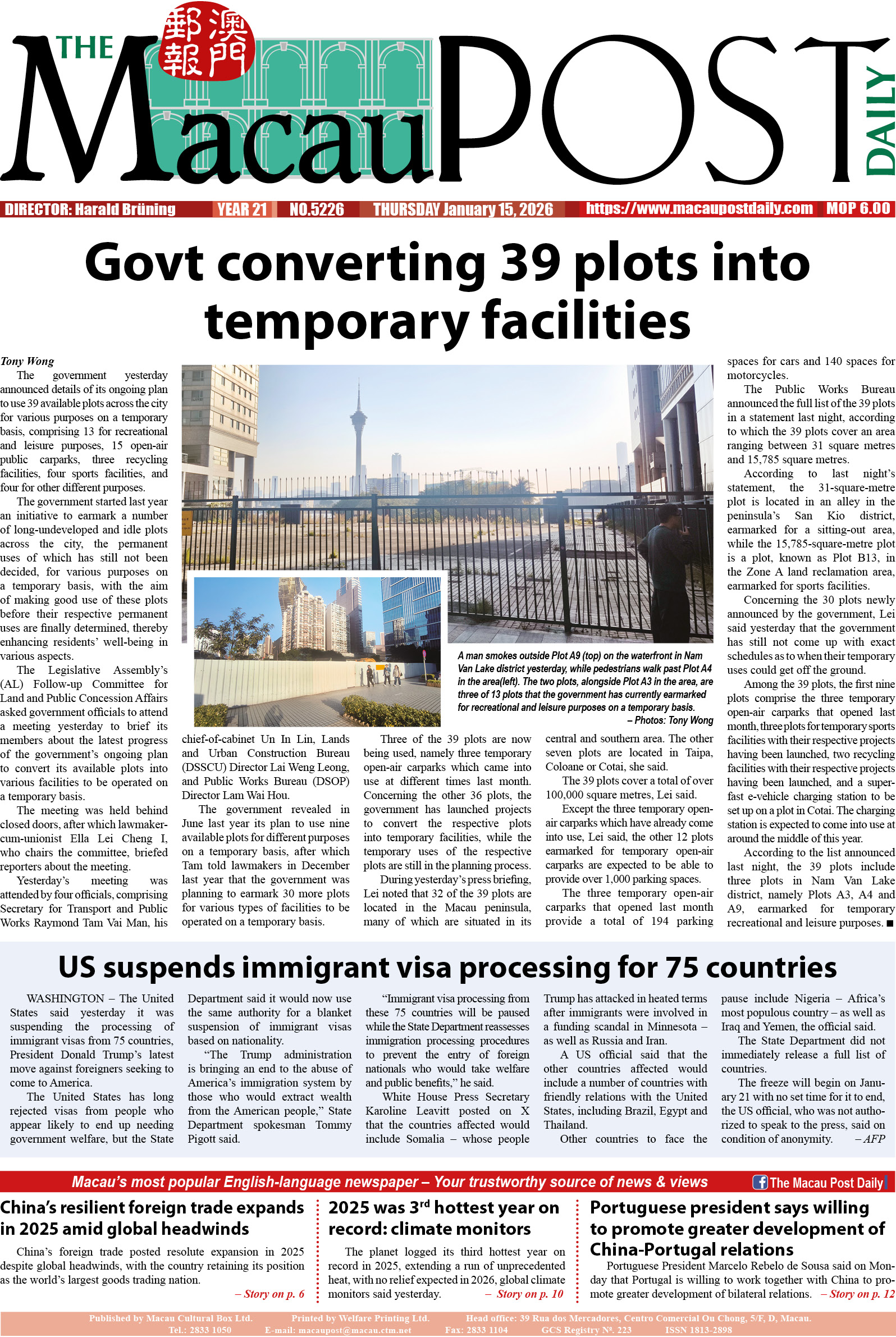Commentary by Chen Weihua*
The COVID-19 pandemic has wreaked havoc on rich economies such as the United States and European countries. But what has been happening in India over the past weeks is a cause for great concern for not only India but also the rest of the world, as the pandemic is out of control in the large and densely populated developing country.
As of yesterday, India’s COVID-19 tally stood at over 20.7 million including 226,636 fatalities.
News about patients fighting for oxygen and hospital beds, and crematoriums and cemeteries struggling to handle the pile-up of bodies is heartbreaking.
The global community has extended a helping hand to India, with countries such as China, Pakistan, the United Kingdom, the United States and Germany pledging support. But the size of India, with a population of more than 1.3 billion, means that large-scale assistance is needed, and needed immediately.
The response from the rich economies has been slow despite India reporting rapid spikes in new cases and deaths for nearly two weeks. The US administration only pledged support a day after China and Pakistan offered assistance to India. Before that, Washington had rejected New Delhi’s plea for help – refusing to export materials needed to produce COVID-19 vaccines – saying its first obligation is to American citizens, despite its rhetoric of restoring the US’ global leadership.
The World Health Organization (WHO) has long called for global solidarity in fighting the pandemic and urged the rich countries to not vaccinate their healthy young adults with low risk of infections while healthcare workers and vulnerable groups in developing countries wait for the vaccines.
Ugliest form of nationalism
But the appeal has largely fallen on deaf ears as the rich countries unapologetically continue to hoard most of the vaccine supplies in the world, leaving little for the developing nations. Vaccine nationalism is the ugliest form of nationalism, which the WHO has warned against.
The US finally agreed this week to release 60 million doses of Oxford/AstraZeneca vaccines over the coming months. Incidentally, the AstraZeneca vaccine is yet to be approved by the US Food and Drug Administration (FDA). The US, however, has said nothing about sharing the vaccines made by Pfizer/BioNTech, Moderna or Johnson & Johnson, which have already been approved by the FDA.
India and South Africa are among the 100 countries asking the World Trade Organization (WTO) to waive patent protection that allows only companies that have developed COVID-19 vaccines on their own from producing them. The WHO has been repeatedly making the same plea over the past months. But the US, the UK and some other European nations have so far shown little enthusiasm of doing so.
During his campaign, US President Joe Biden promised that he wouldn’t let intellectual property rights laws stand in the way of worldwide access to vaccines. It is time he keeps the promise, and rallies the US’ European allies at the G7 Summit in the UK in June to follow suit.
Unequal access to jabs
Vaccine nationalism has resulted in the unequal access to the COVID-19 vaccines, which are urgently needed to overcome the global health crisis. Vaccine nationalism also betrays the principle of “no one is safe until everyone is safe”, a slogan which some of the leaders now practicing vaccine nationalism touted earlier.
Fighting the pandemic is like fighting climate change. National leaders should refrain from politicizing it or using it as a geopolitical tool. The fight is not about allies and partners helping each other. It is about countries even with major differences coming together to uphold a common cause and overcoming a global challenge.
In this time of crisis, I hope India will accept the offers of China and Pakistan. I also hope some of the 60 million doses the US plans to release will go to countries such as Iran, Venezuela and Cuba.
*The author is chief of China Daily EU Bureau based in Brussels.
** Minor edits and subheadings by The Macau Post Daily
– Courtesy of China Daily







